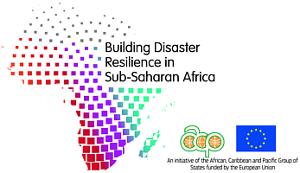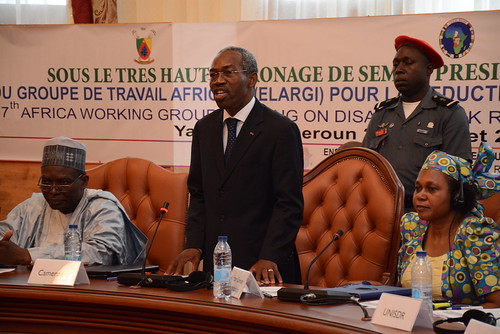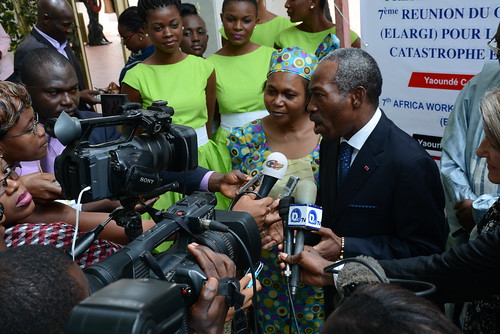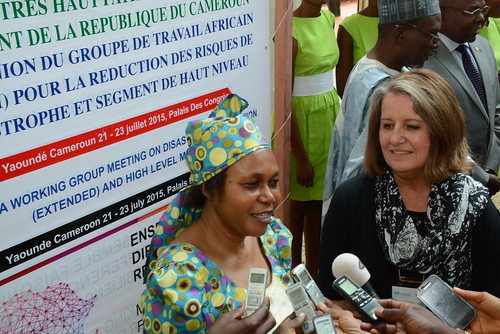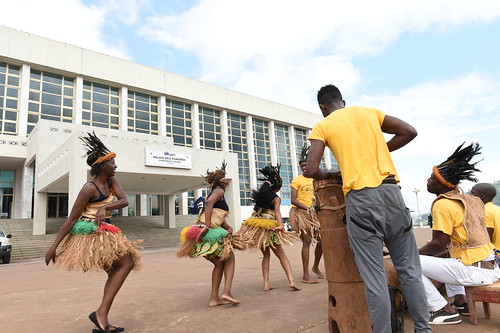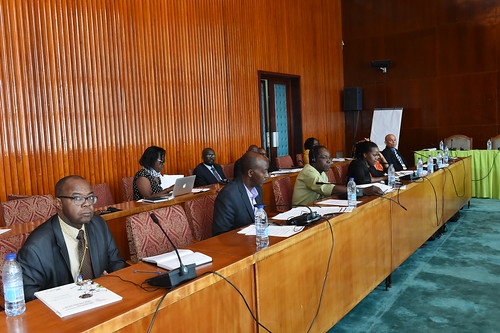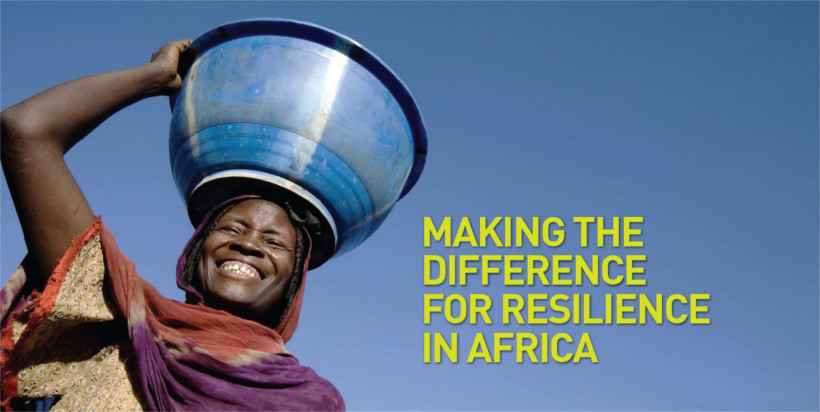
Disasters in Sub-Saharan Africa often take a huge toll on vulnerable populations. Loss of life and livelihoods in the face of already existing challenges sets communities back many years leaving them at risk should another natural hazard occur.
African countries suffer from inadequate information to enable risk-informed decisions. While the magnitude and intensity of disasters is increasing in the region, national capacity to systematically record the disaster losses and damages is low.
To support disaster risk management in Sub-Saharan Africa, the European Union (EU) and the African, Caribbean and Pacific Group of States (ACP) signed an agreement in 2013 to help strengthen ACP Member States’ regional integration and inclusion in the global economy, to address climate change as well as agriculture and rural development. The agreement also aims to contribute to better governance and education.
Under this agreement, the ‘Building Disaster Resilience to Natural Hazards in Sub-Saharan African Regions, Countries and Communities Programme' was launched in July 2015 to provide effective implementation of an African comprehensive disaster risk reduction (DRR) and disaster risk management (DRM) framework.
The EUR 60 million programme, funded by the European Union (EU) and covering a period of five years, is being implemented in Africa as part of a cooperation between the European Union (EU) and the African, Caribbean and Pacific Group of States (ACP).
View UNDRR’s Sub-Saharan disaster risk profiles. For more information, visit the Results page, under R4.
